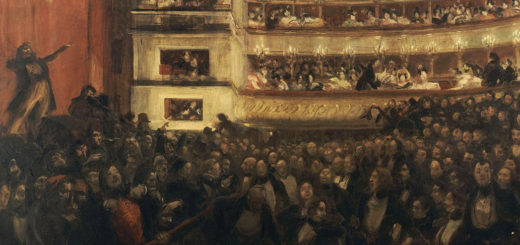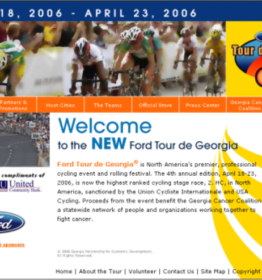Ya Basic (English) and Constructed Languages

Last weekend I was reading Basic English: A General Introduction with Rules and Grammar by Charles Ogden in 1930, after it was mentioned in passing in a documentary. I’m sure I’d heard the 850 word premise before, but I don’t think I ever dedicated more head-space to it than interesting trivia. But for some reason, this time, I really wanted to know more. However, this is going to take some contextualizing so bear with me.
Communication is sometimes defined as “the process of conveying meaning and information between entities or groups through the use of mutually understood stimuli”. In our case, noises we produce but our fiction easily imagines other vehicles from the known senses and even beyond. In the case of modern humans, this takes a structure form we call language, which itself is “a collection of mutually understood sounds, signs, symbols, and semiotic rules”.
When you stop and think about it, it utterly awe inspiring in its impact on our species. While even many arguably “primitive” animals have methods of communication, the nuance and refinement to which humans have elevated the process is like comparing reading a great novel to trying to figure out its plot by feeling around a dark room while wearing mittens.
It is no wonder that we are fascinated with languages and many people dedicate enormous efforts in creating them when they imagine what a fictional world or species would be like. We have an enormous difficulty imagining a culture without such abilities. Certainly there are exceptions, but the fact that such examples are, in themselves, function as examinations of intimacy with the concept of language, only reinforces the point.
Constructed Languages
This, combined with our natural proficiency for language, has given rise to “conlang” or Constructed Languages. Constructed Language is an expansive topic in its own right, and encompasses artificial languages, planned languages, invented languages and, near and dear to me, fictional languages.
In the specific case of fictional languages, these range from the poetic labors of love such as Quenya and Sindarin seen in Tolkien’s works (particularly, Lord of the Rings and The Silmarillion) and Star Trek’s Klingon language. While some fictional languages were created almost entirely by their original authors or fan communities, you can now even finds examples of linguists employed to create languages to help add believably and depth to movies, television shows, and video games.
Ogden and “Basic English”
This is where I entered this rambling tale. Ogden was an English linguist, philosopher, psycholinguist and writer from the first half of the 20th century. With his book, Ogden attempted to created a “controlled language” version of English. His premise was that you could take the 25,000 word Oxford Pocket English Dictionary, and reduce it to a small subset and still possess the resources to convey 90% of the ideas in that dictionary with only 850 words. Now, upon reading that last sentence, writers and literature lovers are reaching for torches and pitchforks, but hold that thought.
Ogden’s goal wasn’t necessarily to gut the wealth of the English language. Ogden considered English to be “…the most widely distributed language, it is the language of international business, and is a language of simple structure. A learner from west Europe will be able to learn the smaller language in 60 hours, that is to say, a good learner giving three hours of a night school, is able to learn the words, ways of saying, and special uses in a month.”
And that “dot” connected with the gamer in me. In LARPs we often have fantasy “languages” but these are almost always really just codes or ciphers, traditionally subjected to the efforts of player’s to “break” before the next one is introduced. After all, some estimates suggest that in most languages an average native speaker will know 10,000 words, and an educated one may know several times that. What if we could the principles Ogden identified to create a “must have” list for creating our own fantasy languages for our games and works of fiction (assuming we lack the budget for a professional linguist… looking at you Game of Thrones)?
In my opinion, 850 words is an achievable goal when designing a language for a game setting. It could present a tougher challenge for language based characters and text props, but it might be one some of them would welcome.
So… who wants to create a test language to see how it pans out? We set some ground rules such as the phonemes our fictional race/culture favors, the basic “feel” we want and then start generating our list of words.




















